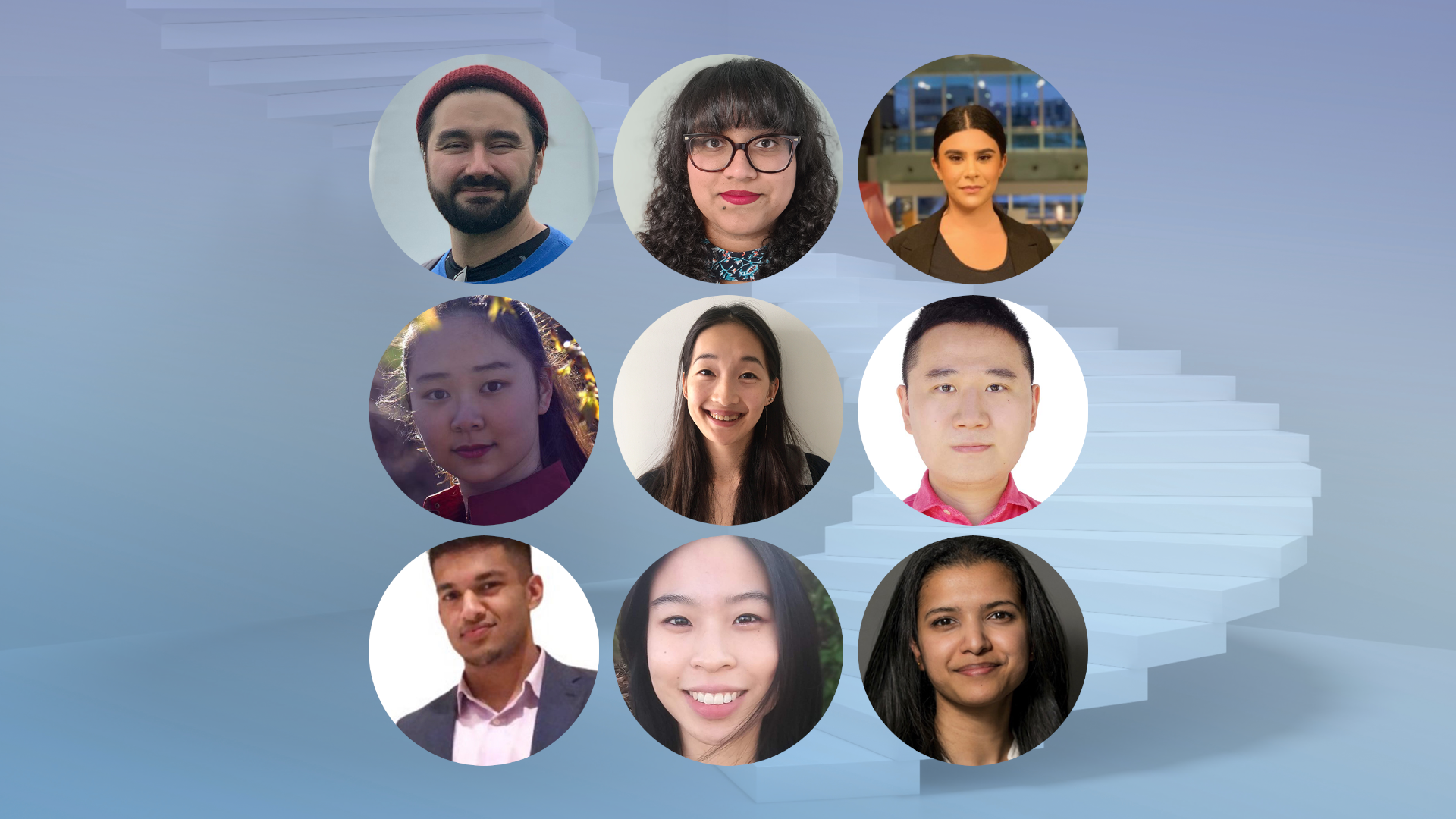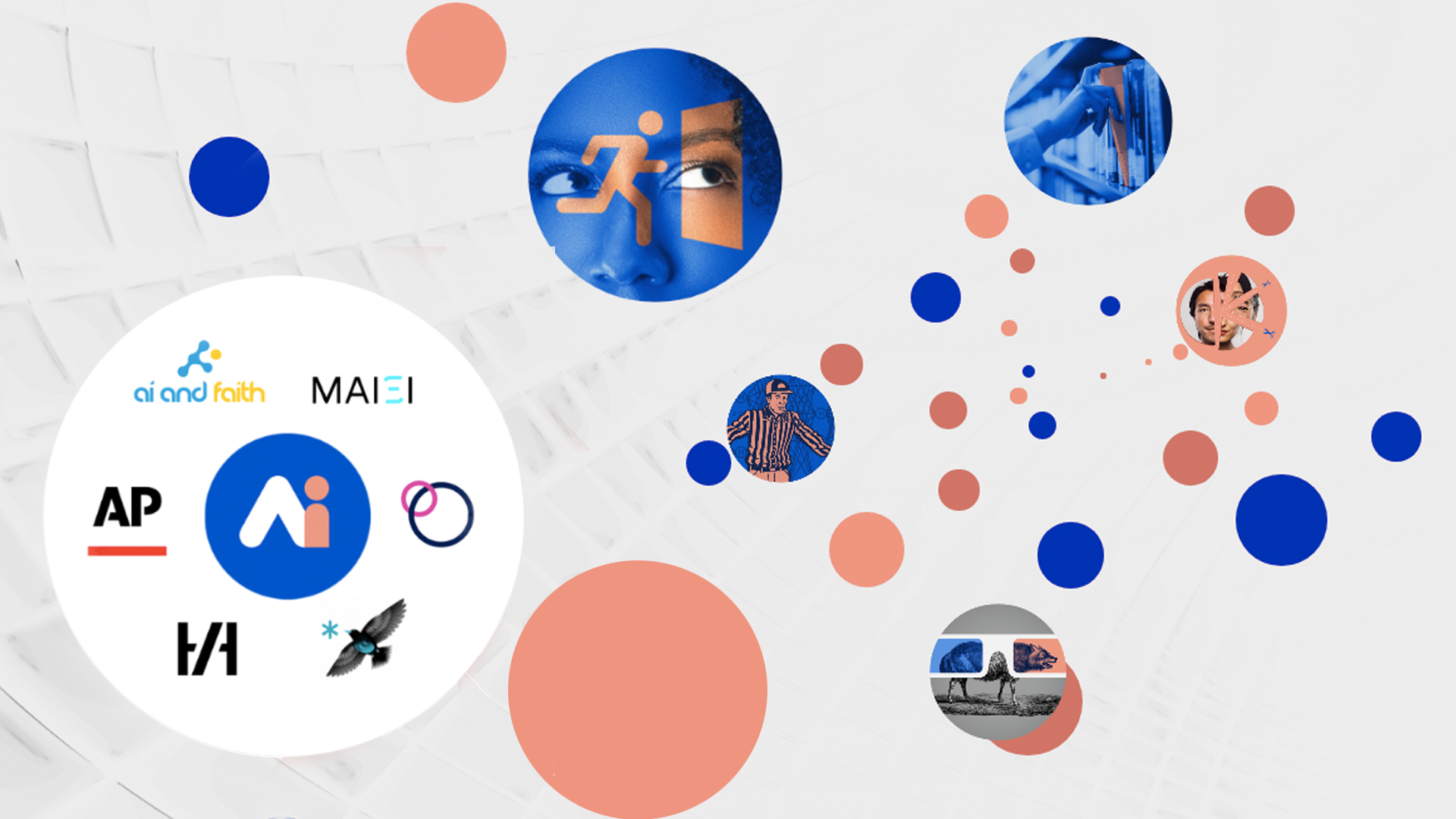
New AI Audit Challenge seeks designs for detecting bias in AI systems
Evaluating AI risks is a crucial and complex task, yet policymakers lack tools to effectively investigate potential harms and biases within AI systems. In response, Stanford’s Institute for Human-Centered AI and Cyber Policy Center have launched an AI Audit Challenge that calls for solutions, tools, datasets, or models that enable effective audits of AI systems. The Challenge grew out of an SRI Solutions Workshop on AI governance held in partnership with the Rockefeller Foundation in 2021.
2022 SRI Graduate Workshop explores “Technologies of Trust”
How are advanced technologies shaping beliefs and truths in our daily lives, and what role does trust play in developing new technologies? At the 2022 SRI Graduate Workshop “Technologies of Trust,” a wide range of interdisciplinary scholarship explored these themes in relation to health sciences, philosophy, management, and education.
Absolutely Interdisciplinary 2022 explores new solutions for a changing technological landscape
The Schwartz Reisman Institute’s academic conference hosted eight panels featuring 30 presenters, with sessions offering innovative responses to the challenges of today’s technological landscape, including questions of data privacy, explainable AI, evolutionary approaches to system design, digital rights, and recommender algorithms.
Schwartz Reisman Institute announces new fellowship recipients for 2022
Four new faculty fellowships and fifteen new graduate fellowships have been awarded by the Schwartz Reisman Institute to outstanding researchers from the University of Toronto. SRI fellowships are awarded to support interdisciplinary research that develop new lines of inquiry and innovative solutions to ensure that advanced technologies will benefit society.
The data-production dispositif: How to analyze power in data production for machine learning
What are the labour conditions involved in sourcing the data used by machine learning systems? New research from Milagros Miceli (DAIR Institute) and Julian Posada (Faculty of Information) explores how companies outsource their data annotation work, the implications of precarious labour conditions for data workers, and why respecting workers’ rights will yield better data.
Munk School panel explores how information technologies affect the realities of war
In a panel co-hosted by the Munk School of Global Affairs and Public Policy and the Schwartz Reisman Institute, Jon R. Lindsay, Janice Stein, and Peter Loewen explored the impacts of emerging technologies on warfare, in the context of the ongoing Ukraine conflict.
Schwartz Reisman Institute joins the Partnership on AI network
The Schwartz Reisman Institute for Technology and Society joins the Partnership on AI (PAI), an international network of leading organizations bringing together diverse voices to develop tools and resources to support the use of AI for social good. The inclusion of SRI alongside five other nonprofits, brings PAI’s global reach to over 100 partner organizations.
Absolutely Interdisciplinary 2022: Speakers and sessions announced
The full complement of speakers and sessions for Absolutely Interdisciplinary 2022 have been revealed. The annual academic conference hosted by the Schwartz Reisman Institute will be held virtually from June 20–22, and features speakers from the University of Chicago, Google Brain, Harvard, McGill, Microsoft, NYU, University of Southampton, the University of Toronto, and UC Berkeley.
Algorithms and the justification of power
In a recent SRI Seminar, philosopher Seth Lazar of Australian National University explored the implications of the widespread use of algorithms in digital public spaces, and the questions they raise for governance, power, and justification. SRI Graduate Fellow Morgan MacInnes reflects on Lazar’s presentation.
How the evaluative nature of the mind might help in designing moral AI
In a recent SRI Seminar, Julia Haas explored a new conception of the human mind as fundamentally evaluative in nature. According to Haas, a senior research scientist in the Ethics Research Team at DeepMind, this insight could assist in designing expanded forms of artificial intelligence that incorporate moral questions.
Inaugural SRI Faculty Fellows build bridges between disciplines and forge new areas of research
Amidst the challenges of COVID-19, SRI’s inaugural cohort of Faculty Fellows (2020–2021) engaged important questions at the intersection of technology and society through research, output, and connection with the SRI community, developing new approaches towards the study of environmental justice, data privacy, democratic engagement, and learning.
Learning from machines: Karina Vold on what technology can teach us about being human
SRI Faculty Affiliate Karina Vold explores the intersections between philosophy and artificial intelligence, the relationship between humans and their tools, and the social and ethical implications of new technologies like GPT-3. As her research shows, technology has a lot to teach us about what it means to be human, and making sense of new tools sometimes requires—and creates—new concepts and ideas.













